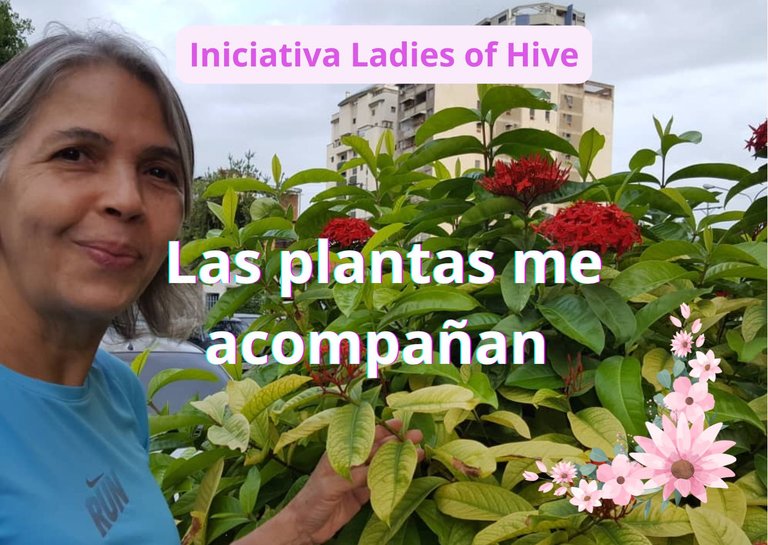
Saludos amigas de esta hermosa comunidad
Me animé a participar en esta iniciativa de la semana, las dos preguntas me gustaron, pero me decidí por la primera porque amo a las plantas. Y esta es mi participación.
¿Prefieres una casa con o sin jardín? ¿Te gustan las plantas?
Las plantas son seres vivos extraordinarios. Estudiarlas me ha permitido entender su complejidad y asombroso funcionamiento para adaptarse al ambiente, aun a aquellos más extremos.
La conexión de las plantas entre sí y con otros seres vivos, la manera en que se comunican a través de señales quimicas y otros mecanismos de interacción, hace que las admire aún mas.
Desde las pequeñas hierbas hasta los fabulosos árboles, todas las especies de plantas son parte esencial del equilibrio de la naturaleza.
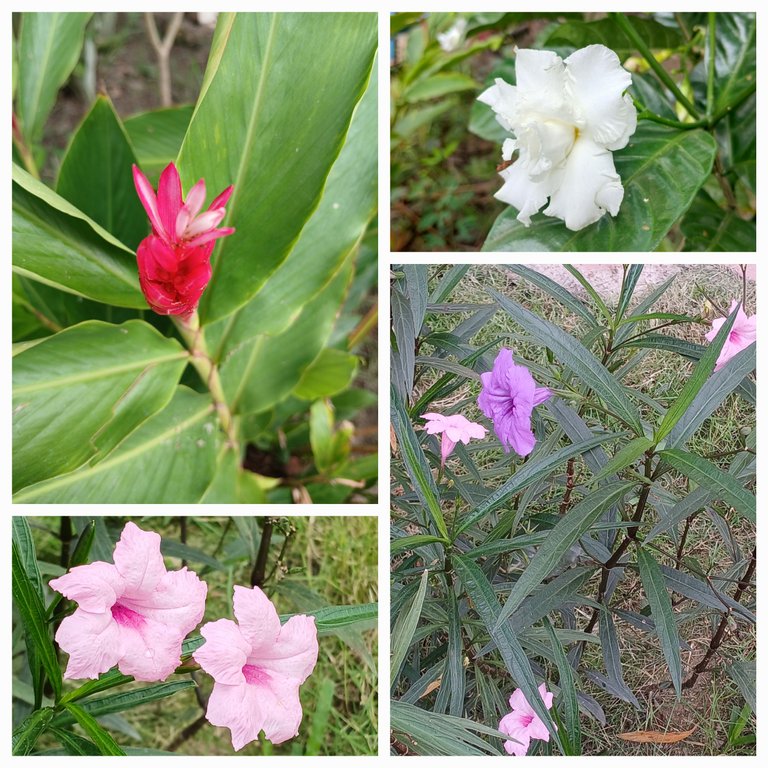
Me encantan las plantas y me gustaría vivir en una casa con un terreno donde pueda cultivar diversos tipos de plantas, desde las ornamentales, árboles frondosos y que produzcan frutos comestibles, hortalizas y plantas aromáticas. Caminar entre las plantas, abrazar árboles, conversar con ellos y agradecerles por todo lo que nos dan. Sin ellas no podríamos vivir. Este es mi sueño.
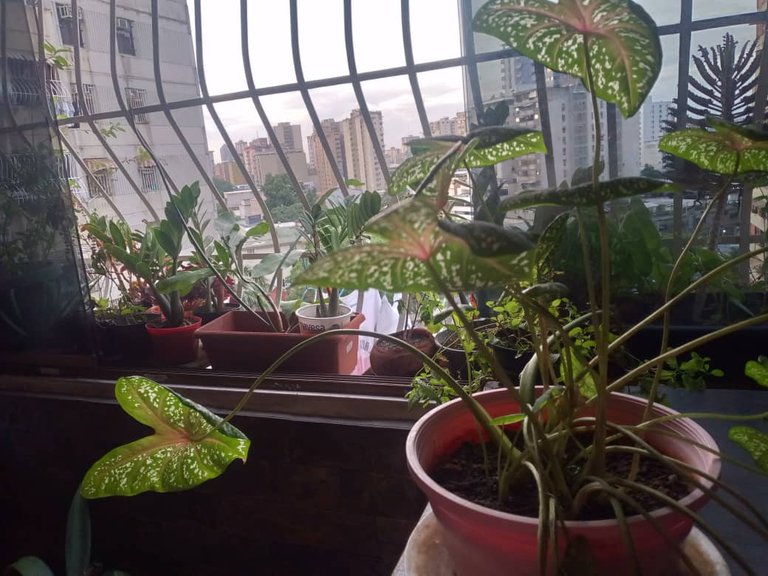
Pero actualmente vivo en un apartamento donde cultivo plantas en macetas. Las tengo en el balcón, en las ventanas de cada cuarto y en la cocina. Ellas me acompañan durante todo las actividades del día.
Las cuido dándoles lo que necesitan para su crecimiento y desarrollo, porque están en un ambiente restringido. Las riego con la frecuencia necesaria, las fertilizo con una mezcla que que yo misma preparo con tierra y un compost de restos de desechos orgánicos. Cuando lo requieren las podo para eliminar ramas secas o enfermas e inducir la formación de ramas nuevas. En lo posible las protejo de plagas y para esto preparo repelentes orgánicos.
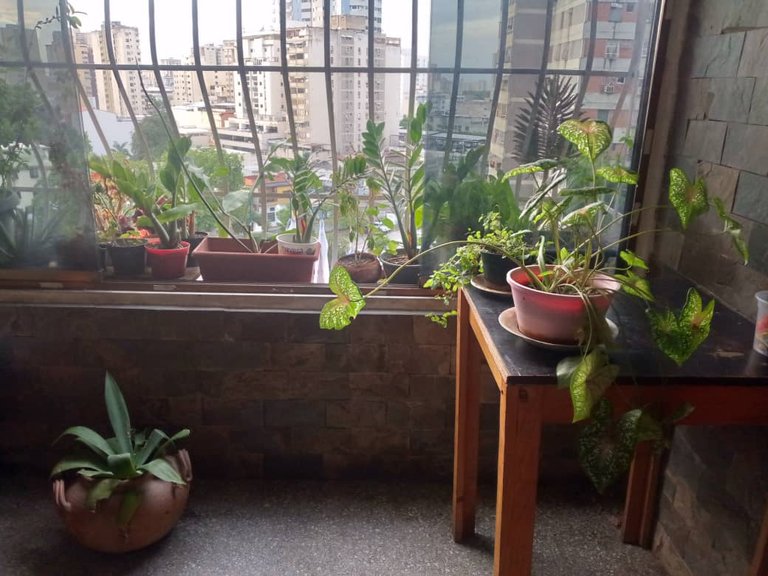
También las coloco en un lugar adecuado de acuerdo a sus necesidades de luz y sombra.
Y algo muy agradable que hago es hablarles con cariño. La energía del amor tiene efectos beneficiosos sobre las plantas como en todos los seres vivos y yo recibo de ellas a cambio sus buenas energías.
Cuando las plantas se multiplican por yemas o por semillas en su ciclo normal de crecimiento, trato de sembrarlas en otras macetas, pero como el espacio tiene un límite las obsequio a otras personas.
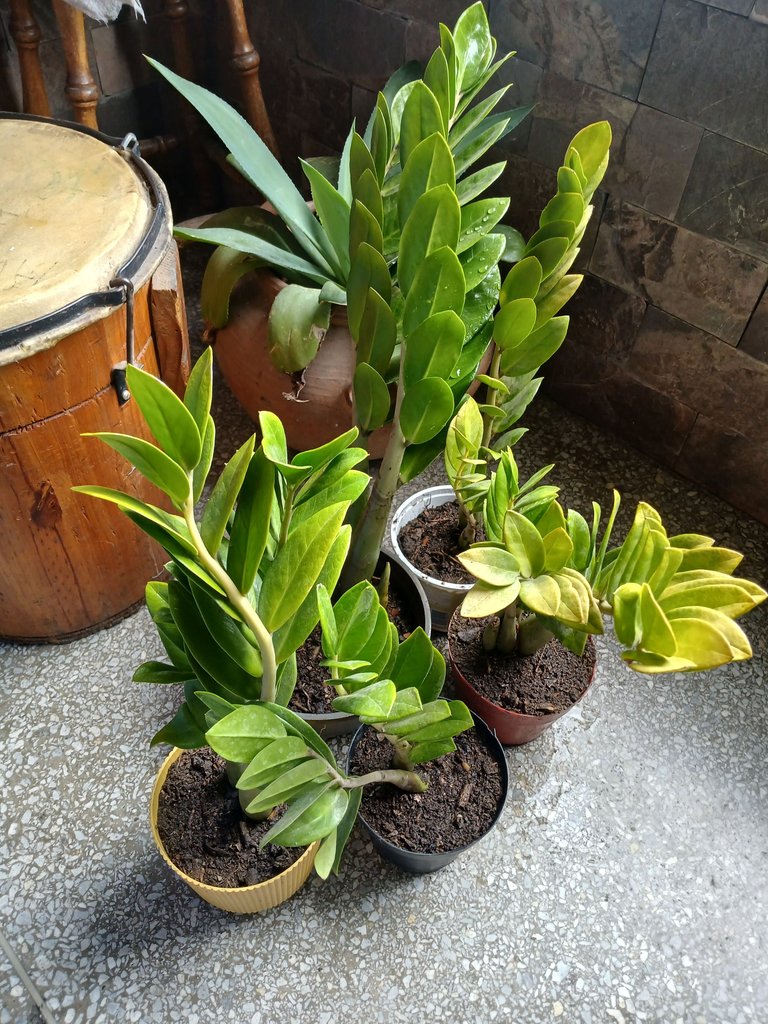
Tenía una planta de millonaria que ya no cabia en su maceta. Compre varias macetas y preparé suelo para transplantarlas. Pude separar cinco hijos que se habían reproducido de la planta madre. Mi hija regalo una y las otras se quedaron en casa.
También tengo una planta llamada "lengua de suegra" o Sansevieria, este es su nombre científico, que desarrollo muchas brotes, la sembré en una maceta grande y la puse en la sala donde no le da sol directo y allí parece que se siente muy bien porque sus hojas están verdes y brillantes. En la foto con mi perra Isis al lado.

Hay que comprender el lenguaje de las plantas, a su manera nos dicen si están bien. Con el aspecto, el color y la consistencia de sus hojas y sus ramas, me dicen si necesitan abono o si tienen poca o mucha agua. Si sus hojas se caen mucho, a lo mejor tienen frío. Si hay manchas o insectos que se alimentan de ellas, tengo que quitarselos.
He aprendido mucho sobre mis plantas y con el tiempo he logrado que se mantengan sanas y felices.

Muchas gracias por leer mi respuesta a esta iniciativa e invito a mis amigas @katleya y @brujita18 a participar. Acá dejo el enlace
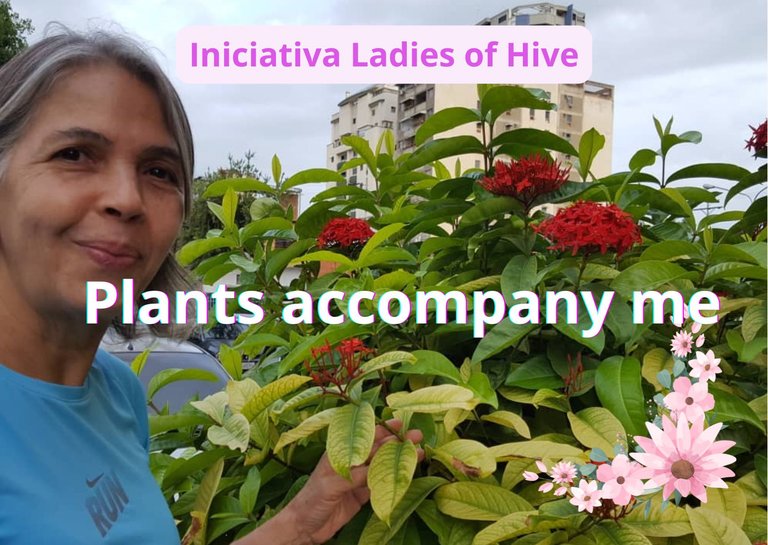
Greetings, friends of this beautiful community.
I decided to participate in this week's initiative. I liked both questions, but I chose the first one because I love plants. And this is my contribution.
Do you prefer a house with or without a garden? Do you like plants?
Plants are extraordinary living beings. Studying them has allowed me to understand their complexity and amazing ability to adapt to their environment, even the most extreme ones.
The connection between plants and other living beings, the way they communicate through chemical signals and other mechanisms of interaction, makes me admire them even more.
From small herbs to fabulous trees, all plant species are an essential part of the balance of nature.
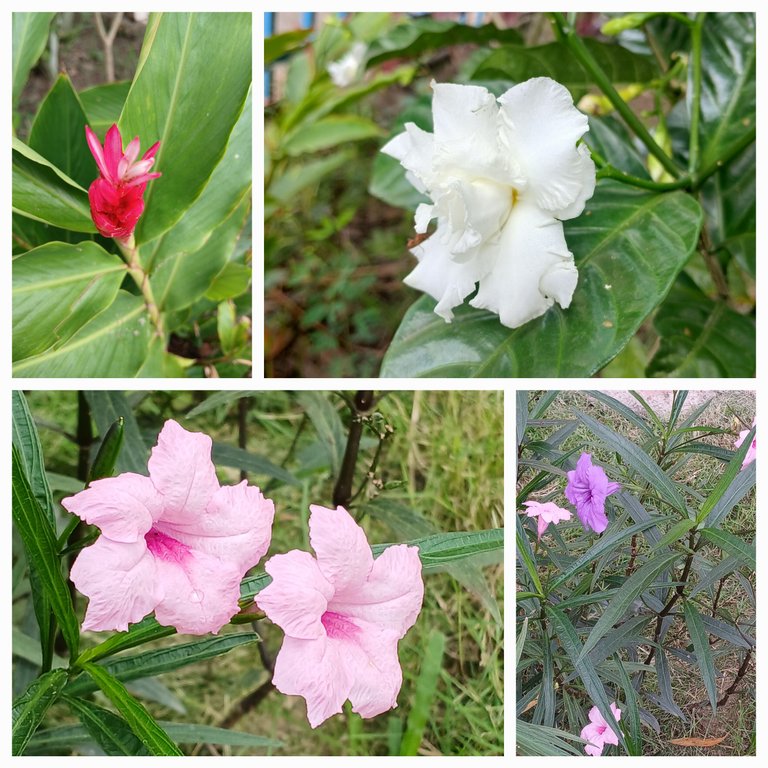
I love plants and would like to live in a house with land where I can grow various types of plants, from ornamental plants, leafy trees that produce edible fruits, vegetables, and aromatic plants. Walking among the plants, hugging trees, talking to them, and thanking them for everything they give us. Without them, we couldn't live. This is my dream.

But currently, I live in an apartment where I grow plants in pots. I have them on the balcony, on the windowsills of each room, and in the kitchen. They accompany me throughout my daily activities.
I take care of them by giving them what they need for their growth and development, because they are in a restricted environment. I water them as often as necessary. I fertilize them with a mixture that I prepare myself with soil and compost made from organic waste. When necessary, I prune them to remove dry or diseased branches and encourage the formation of new ones. As much as possible, I protect them from pests, and for this I prepare organic repellents.

I also place them in a suitable location according to their light and shade needs.
And something very pleasant that I do is talk to them affectionately. The energy of love has beneficial effects on plants, as it does on all living beings, and I receive their good energy in return.
When plants multiply by buds or seeds in their normal growth cycle, I try to plant them in other pots, but since space is limited, I give them away to other people.

I had a millionaire plant that no longer fit in its pot. I bought several pots and prepared soil. When I took it out, I was able to separate five offspring that had reproduced from the mother plant. My daughter gave one away, and the others stayed at home.
I had a plant called "mother-in-law's" tongue or Sansevieria, which is its scientific name, that developed many leaves. I planted it in a large pot and put it in the living room, where it seems to be doing very well because its leaves are green and shiny.
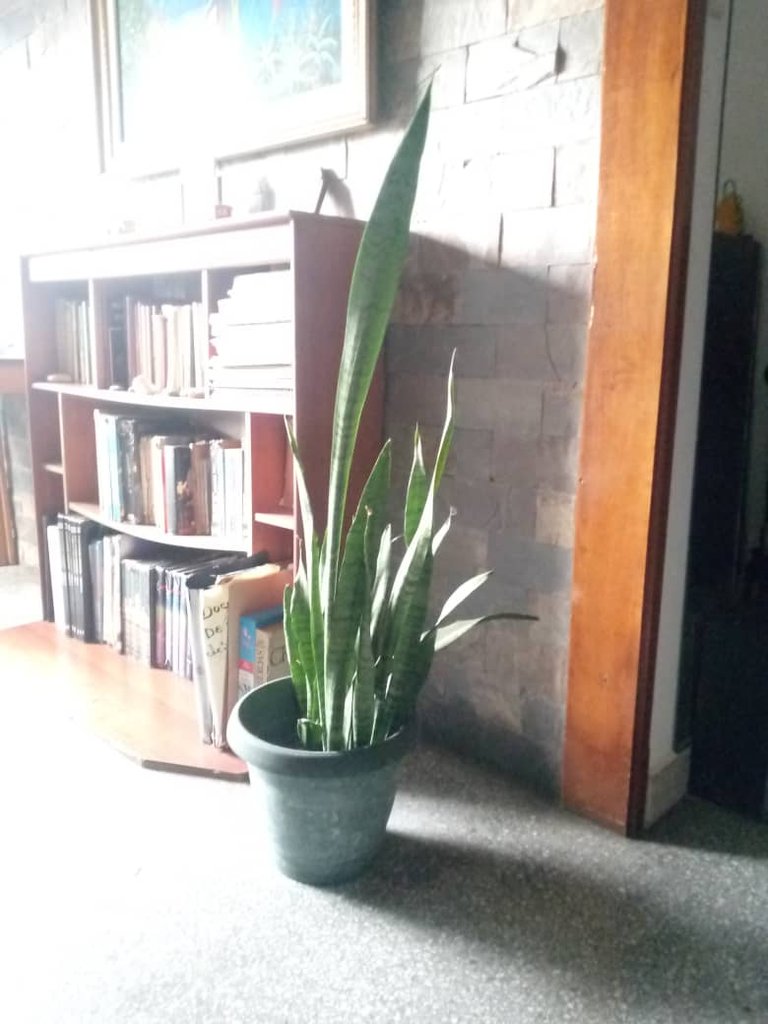
We have to understand the language of plants; in their own way, they tell us if they are doing well. Through the appearance, color, and consistency of their leaves and branches, they tell me if they need food, if they have too little or too much water. If their leaves fall off a lot, they may be cold. If there are spots or insects feeding on them, I have to remove them.
I have learned a lot about my plants and, over time, I have managed to keep them healthy and happy.
Thank you very much for reading my response to this initiative, and I invite my friends @katleya and @brujita18 to participate. Here the link

La imagen de la presentación la edite en Canva con una fotografía propia.
Todas las fotografías son propias.
La traducción al inglés la reslicé en www.deepl.com



